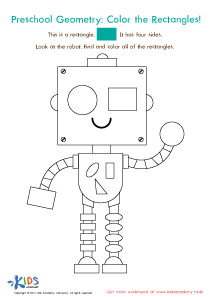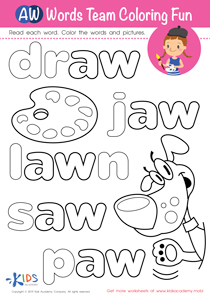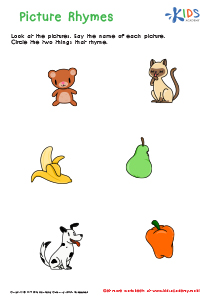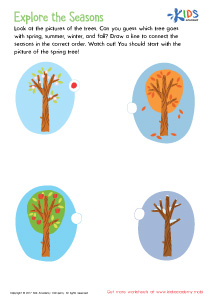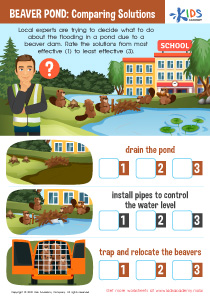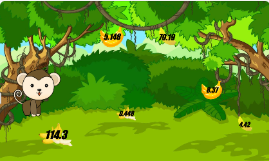Math Lessons | Word Problems Sums and Differences within 20 for 7-Year-Olds
9 results
Discover the joy of math with our engaging lessons on Word Problems Sums and Differences within 20, specially tailored for 7-Year-Olds! Each lesson is thoughtfully designed with interactive worksheets, educational videos, and assessment quizzes to make learning both fun and effective. Your child will explore the world of numbers and build a solid foundation in solving word problems, mastering the art of adding and subtracting within the number 20. Perfect for young learners, these lessons ensure a deep understanding and a love for math that will last a lifetime. Join us and watch your 7-year-old become a math whiz!
In today’s fast-paced educational landscape, grasping foundational math concepts early on is crucial for children. Among these, understanding how to solve word problems involving sums and differences within 20 is particularly important. For 7-year-olds, mastering this area can set the stage for future academic success and foster a love for math. Our lessons on Word Problems Sums and Differences within 20 for 7-Year-Olds are meticulously designed to cater to young learners, making math both fun and accessible.
These lessons are more than just a series of exercises; they are a journey into the world of numbers, tailored specifically for 7-year-olds. Through interactive worksheets, educational videos, and assessment quizzes, children are engaged in a multi-sensory learning experience. This approach ensures that every child, regardless of their preferred learning style, finds something that resonates with them, making the process of understanding word problems involving sums and differences within 20 not only achievable but enjoyable.
The interactive worksheets are a cornerstone of our lessons. They are crafted to gradually increase in difficulty, allowing children to build their confidence as they progress. Each worksheet is filled with colorful illustrations and themes that appeal to 7-year-olds, transforming what could be seen as mundane math problems into exciting adventures. As children navigate through the tasks, they learn to visualize mathematical concepts, making abstract ideas more concrete in their young minds.
Educational videos serve as another vital component of our lessons. These videos break down complex concepts into easily digestible segments, narrated in a child-friendly manner. By watching these videos, children can see word problems being solved step-by-step, which reinforces their learning and understanding. The use of storytelling and animation not only keeps the children engaged but also aids in retaining the information longer.
Assessment quizzes are strategically placed throughout the lessons to gauge the children’s comprehension and retention. These quizzes provide immediate feedback, allowing both parents and educators to identify areas where a child might need more support. Additionally, the quizzes serve as a tool for the children to recognize their own growth, encouraging a sense of accomplishment and motivating them to continue learning.
One of the unique advantages of our lessons on Word Problems Sums and Differences within 20 for 7-Year-Olds is the emphasis on real-world application. By framing math problems in everyday contexts, children learn to see the relevance of math in their daily lives. This not only enhances their problem-solving skills but also demystifies math, making it less intimidating and more relatable.
In conclusion, our lessons on Word Problems Sums and Differences within 20 for 7-Year-Olds are an invaluable resource for young learners. Through interactive worksheets, educational videos, and assessment quizzes, children are equipped with the skills and confidence needed to tackle math problems effectively. As they embark on this educational journey, they are not just learning about numbers; they are developing critical thinking skills that will serve them well throughout their academic careers and beyond.
